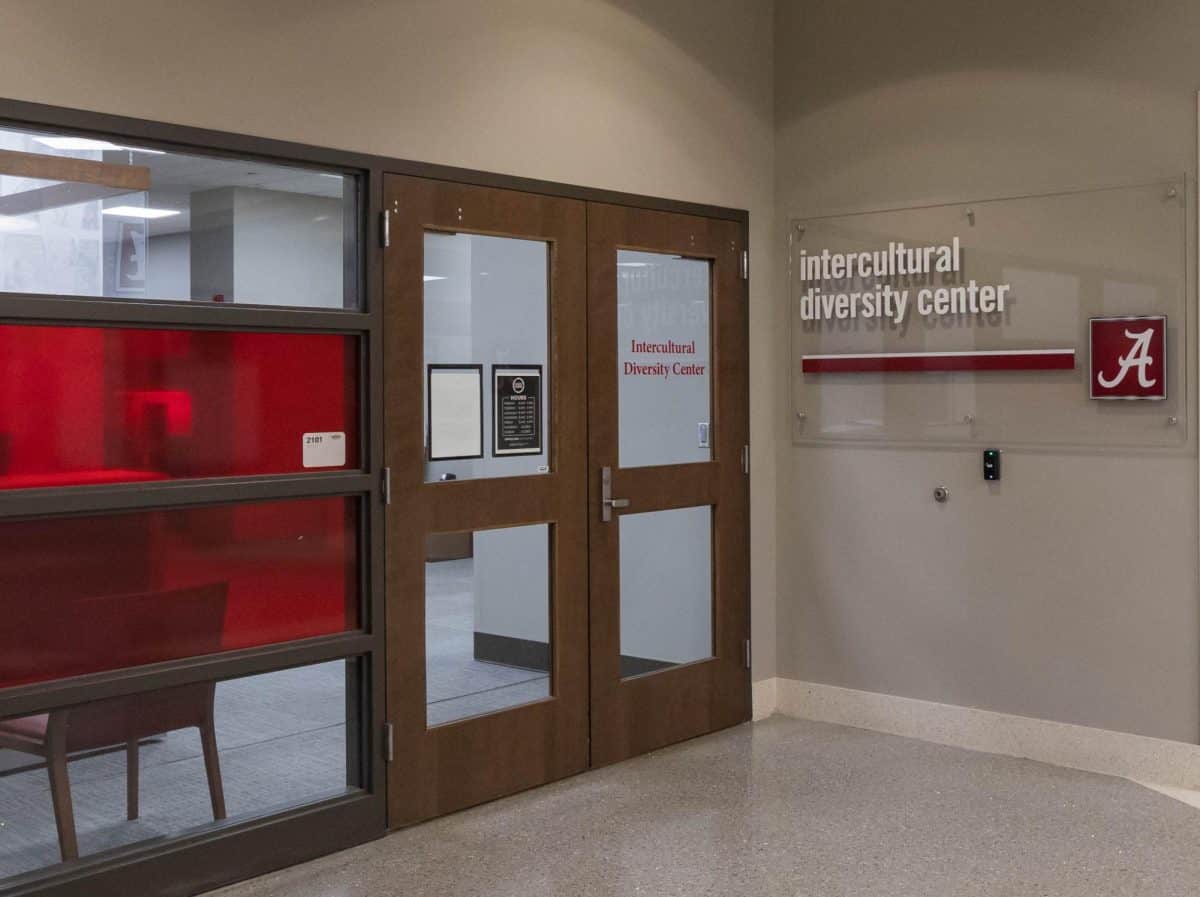The University of Alabama and several of its student organizations have begun making changes to comply with Alabama’s Senate Bill 129, which, among other provisions, bans state-funded diversity, equity and inclusion programs as defined by the law at post-secondary institutions.
A major change for registered student organizations at the University is that they will no longer be able to receive state funds for events that create a “DEI program” or promote “divisive concepts.” Organizations are still allowed to elect DEI officers and create DEI committees.
SB129 defines “DEI programs” as “any program, class, training, seminar, or other event where attendance is based on an individual’s race, sex, gender identity, ethnicity, national origin, or sexual orientation, or that otherwise violates [the law].”
The bill gives several examples of “divisive concepts,” including teaching that one’s race makes them better or worse than another person and that “meritocracy or traits such as a hard work ethic are racist or sexist.”
Alex House, assistant director of communications for the University, said the Division of Student Life will work with the Student Government Association and other student organizations to ensure University funding complies with the law. Student Life staff are also available to answer an organization’s questions.
“The University remains committed to providing equal access to resources and opportunities so that all student organizations are equipped for success, and organizations are not restricted from any activity, provided no state funds are used to host or sponsor DEI programs or discussions that involve divisive concepts,” House said.
House added that the University has created a webpage at deiguidance.ua.edu providing guidance to faculty, staff and students about compliance with the law.
According to the webpage, the University can still provide space, security and other ancillary services on campus to facilitate hosting DEI programs and events promoting divisive concepts. However, a student organization hosting such an event must disclose where it received its funding in all advertisements for the event.
Julia Dominguez, president of the Hispanic-Latino Association, said that she’s still seeking clarification on how student organizations will be funded after SB129’s passage.
“I can’t speak of course for any other organization, but I know for HLA, we have not had any conversations truly that speak about the financial aspect,” Dominguez said.
She added that she was told there will still be opportunities for funding via Financial Affairs Committee grants from the SGA and grants from The Source, but they may look different than in previous years.
Despite the changes, Dominguez believes that students must continue to take action where the University cannot.
“In an ideal world it wouldn’t fall to the students, because this is part of an institution’s job to make sure students feel welcome, feel included,” Dominguez said. She said that every HLA event embodies principles of DEI and can be seen as a response to SB129.
“I think that while unfair, and while it is more of a burden on students, you have to cultivate your community, and doing that means putting in the work,” Dominguez said. “It means doing all that you can to ensure that when you look around, you can feel safe and seen and represented as students in the midst of classes and extracurriculars.”















